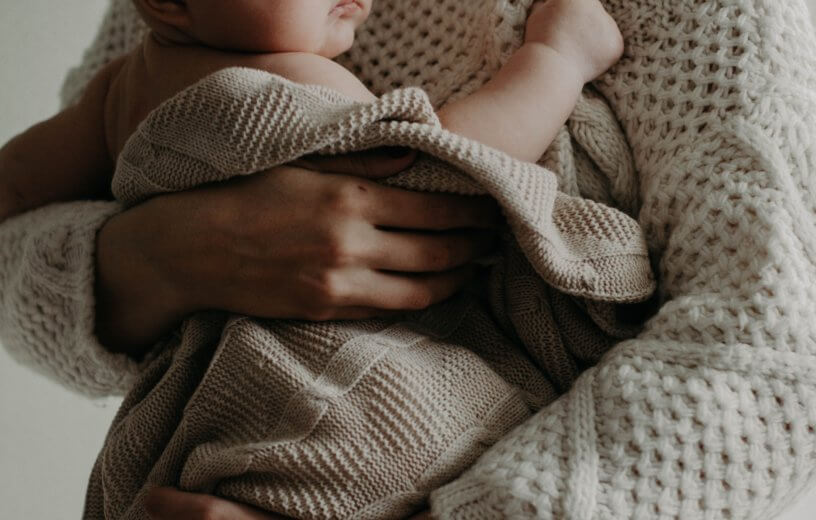TOKYO — There’s just something extra comforting about dear old mom and pop. Babies as young as four months old showed clear-cut physiological signs of relaxation and calmness during a hug from one of their parents. When the babies were hugged by a stranger, however, the calming effects weren’t nearly as prominent.
It also appears that hugs are way better than just being held. The infants’ heart rates declined much more while being hugged by their parents than just held. In summation, the study’s authors believe their work indicates that hugging is an essential part of building that special bond between child and parent.
“Like most parents, we love to hug our children,” says first author Sachine Yoshida of Toho University in Tokyo, Japan in a release. “We also know that children love to be hugged by their parents. But what surprised us as scientists is how little we know about hugging.”
The study’s authors measured infants’ heart rates as they were held by a parent, hugged by a parent, and hugged extra tight by a parent. A female stranger was also brought in to observe what effect a hug from someone else would bring about.
“The infants older than four months old showed a high increase ratio of heartbeat intervals during hugging by their parents than by female strangers,” Yoshida comments. “Parents also showed a high increase ratio of heartbeats intervals by hugging their infants. We found that both infants and parents come to relax by hugging.”
Both parents and their infants displayed increases in their R-R interval (RRI) electrocardiogram readings while hugging. RRI is the time between electrical activity readings from the heart. Basically, the higher the RRI, the slower the heart rate. So, kids aren’t the only ones who benefit from a nice hug now and then.
Babies younger than four months old didn’t show the same drops in heart rate. However, those very young infants did display a slowed heart rate when a parent placed some extra pressure on their back while being held. This observation led the research team to theorize that babies of such a young age can still benefit from hugs but aren’t aware enough yet to make the distinction between being hugged or held.
Before actually holding the experiments, researchers expected a hug to help relax an annoyed or fussy baby. In reality, though, the opposite held true; only calm babies seemed to reap the heart calming benefits of a hug from mom or dad.
“Due to this inconspicuous feature, we think that the experimental data indicating the relaxing effect of a parent-infant hug had been a missing piece for a while, even though there was much situational evidence,” comments study co-author Hiromasa Funato.
“Your baby loves to be hugged and loves how you hug your baby,” Yoshida concludes. “Even though infants cannot speak, they recognize their parents through various parenting methods, including hugging, after four months old at latest. We hope that knowing how your baby feels while being hugged help ease the physical and psychological workload of taking care of infants too young to speak.”
The study is published in iScience.
